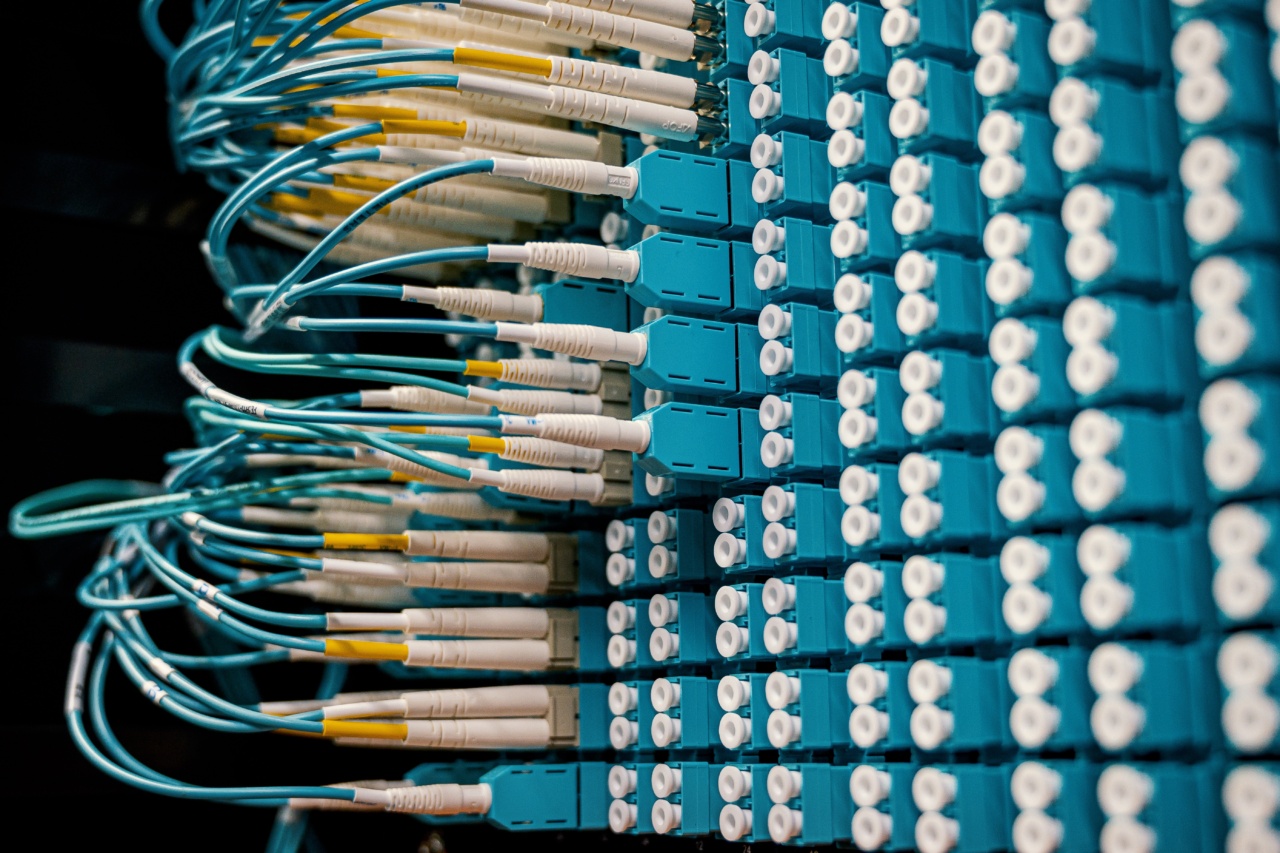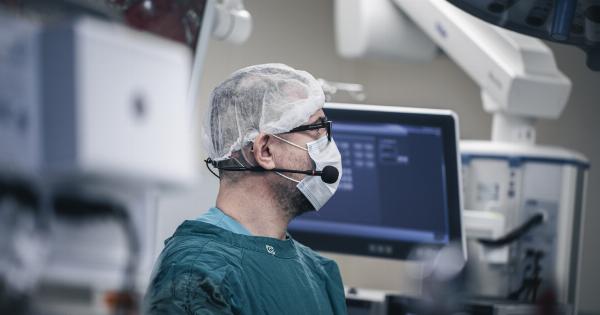Abdominal hernias are a common condition that occurs when an organ or fatty tissue squeezes through a weak spot in the muscles of the abdomen. Hernias can cause discomfort, pain, and potential complications if not treated promptly.
In some cases, surgery may be necessary to repair the hernia and prevent further complications.
Understanding Abdominal Hernias
To determine when to operate on abdominal hernias, it is crucial to understand the different types and their potential risks. The most common types of abdominal hernias include:.
1. Inguinal Hernias
Inguinal hernias occur when a part of the intestine or bladder protrudes through the lower abdominal wall. These hernias often appear as a bulge in the groin area and are more common in males.
If left untreated, inguinal hernias can lead to complications such as bowel obstruction or strangulation, which can be life-threatening.
2. Umbilical Hernias
Umbilical hernias are characterized by a bulge or swelling around the belly button area. They occur when a part of the intestine or fatty tissue pushes through the abdominal wall near the navel.
While umbilical hernias are common in infants, they may also affect adults, especially those who are overweight or have had multiple pregnancies. Surgery is typically recommended to repair umbilical hernias in adults to prevent complications.
3. Incisional Hernias
Incisional hernias develop at the site of a previous abdominal surgery incision. These hernias occur when the abdominal muscles fail to heal properly, causing a bulge to form.
Incisional hernias can be quite large and may require surgery to prevent further complications or discomfort.
4. Hiatal Hernias
Hiatal hernias occur when a part of the stomach protrudes through the diaphragm into the chest cavity. These hernias usually cause symptoms such as heartburn, acid reflux, and difficulty swallowing.
In some cases, hiatal hernias can be managed with lifestyle changes and medication. However, if severe symptoms persist or complications such as gastric volvulus occur, surgery may be necessary.
When to Consider Surgery
The decision to operate on an abdominal hernia depends on several factors, including the type of hernia, symptoms, and individual patient characteristics.
While not all hernias require immediate surgery, certain indications suggest a need for surgical intervention:.
1. Symptomatic Hernias
If a hernia causes significant pain, discomfort, or interferes with daily activities, surgery is often recommended. Symptomatic hernias can impact a person’s quality of life and may indicate a higher risk of complications if left untreated.
2. Incarceration or Strangulation
Incarceration occurs when a hernia becomes irreducible, meaning it cannot be pushed back into its normal position. Strangulation is a more severe complication that happens when the blood supply to the herniated organ or tissue is cut off.
Both incarceration and strangulation are surgical emergencies requiring immediate intervention to prevent tissue death and other life-threatening consequences.
3. Enlargement of Hernias
If a hernia continues to grow in size, surgical repair is typically recommended. Larger hernias have a higher risk of complications, including bowel obstruction or strangulation.
Prompt surgery can prevent these complications and ensure a successful repair.
4. Cosmetic Concerns
In cases where a hernia causes embarrassment or self-consciousness due to its appearance, surgery may be performed for cosmetic reasons.
However, this should be a secondary consideration after evaluating the medical necessity and potential risks of the procedure.
5. Failure of Conservative Measures
If conservative measures such as wearing a supportive binder or making lifestyle modifications fail to alleviate symptoms or prevent hernia progression, surgery may be necessary.
Surgical repair is often the most effective long-term solution for such cases.
Risks and Benefits of Surgery
Before opting for surgery to repair an abdominal hernia, it is essential to consider the associated risks and benefits. The benefits of hernia surgery include:.
1. Hernia Resolution
Surgery provides a permanent solution by repairing the hernia and preventing recurrence. This relieves symptoms and reduces the risk of complications.
2. Prevention of Complications
Surgery can prevent potentially life-threatening complications like bowel obstruction, strangulation, and tissue necrosis.
3. Improved Quality of Life
Hernia surgery can alleviate pain, discomfort, and limitations caused by the hernia, improving overall quality of life.
4. Cosmetic Improvement
In case of hernias causing cosmetic concerns, surgery can provide a more desirable aesthetic appearance.
However, like any surgical procedure, hernia repair surgery carries certain risks, including:.
1. Infection
There is a risk of developing a surgical site infection, which can be managed with antibiotics but may require further treatment.
2. Recurrence
While surgery aims to provide a permanent repair, hernias can sometimes recur, especially in high-risk individuals.
3. Mesh-related Complications
If mesh is used during hernia repair surgery, there is a small risk of complications such as mesh rejection, infection, or adhesion formation.
4. Nerve Damage
There is a slight risk of nerve damage during surgery, which may result in numbness, tingling, or chronic pain in the surgical area.
Conclusion
When deciding when to operate on abdominal hernias, it is crucial to consider the type of hernia, severity of symptoms, and potential risks.
Surgical intervention is often necessary for symptomatic hernias, incarceration or strangulation, hernia enlargement, and cases where conservative measures fail. Balancing the risks and benefits of surgery is essential in making an informed decision. Consulting with a hernia specialist and discussing individual circumstances can help determine the optimal timing for hernia repair surgery.



























